Article Summary
- President Buhari rates his administration in the power sector using popular projects in Nigeria’s power sector.
- Since 2016, the REF under REA has executed more than N4 billion in projects, with more than N5 billion in off-grid projects
- The administration says there are 135 ongoing projects for transmission lines, substations, and other associated grid infrastructure and TCN has completed 30 key substation projects and 12 important transmission lines.
- Some of the achievements listed include the Zungeru Hydropower Project, Kashimbila Hydropower Project, Afam III Fast Power, Kudenda Kaduna Power Plant, the Okpai Phase 2 Plant, and the Dangote Refinery Power Plant. All of which could increase the country’s power capacity by 4000 megawatts (MW).
President Muhammadu Buhari has listed the Zungeru Hydropower Project, Siemens power project, and mass metering program as some of his achievements in Nigeria’s power sector. According to a May 1 fact sheet from the State House which is targeted at the achievements of Buhari since he assumed office in 2015, the president has achieved many goals in the power sector.
Some of the other achievements listed include the Zungeru Hydropower Project, the Kashimbila Hydropower Project, Afam III Fast Power, Kudenda Kaduna Power Plant, the Okpai Phase 2 Plant, and the Dangote Refinery Power Plant. All of which could increase the country’s power capacity by 4000 megawatts (MW).
It is worth noting, however, that some of the projects listed are yet to be finished and may not reach 100% completion before Buhari’s exit as president on May 29, 2023.
Other highlighted projects
The Rural Electrification Fund (REF), created by the Electricity Power Sector Reform Act of 2005, was operationalized by the Buhari Administration in 2016. Since 2016, the REF under REA has executed more than N4 billion in projects, with more than N5 billion in off-grid projects. Under the REA, there were programs such as:
- Energizing Education Program which involves taking clean and reliable energy (solar and gas) to Federal Universities and Teaching Hospitals across the country. The Federal Universities with completed projects include: BUK (Kano), FUNAI (Ebonyi), ATBU (Bauchi), and FUPRE (Delta), meanwhile, others are ongoing.
- The Energizing Economies Program involves taking clean and reliable energy (solar and gas) to markets across the country. Completed projects include Sabon-Gari Market in Kano, Ariaria Market in Aba, and Sura Shopping Complex in Lagos.
- The Energizing Agriculture program was launched in May 2022, to catalyze economic development and improve rural livelihoods in Nigeria through exploring the nexus between mini-grids and agricultural productivity.
- Meanwhile, the National Mass Metering program is a nationwide rollout of electricity meters to all on-grid consumers. It was launched in August 2020.
More power projects
In the fact sheet, President Buhari also listed the completion of the Maiduguri Emergency Power Project, constructed by the Nigeria National Petroleum Company Limited (NNPC Ltd) to supply 50 megawatts of electricity to Maiduguri and its environs.
- Also, by March 2023, there was a ground-breaking for the first solar cell production factory in West Africa, developed by the National Agency for Science and Engineering Infrastructure (NASENI) in Gora, Nasarawa State.
- According to the factsheet, the Solar Power Naija project was launched under the Buhari administration in April 2021 to deliver 5 million off-grid solar connections, impacting more than 20 million Nigerians, and financed through Central Bank of Nigeria loans, as well as through partnerships with NDPHC, NNPC and the NSIA. The program is expected to generate an additional N7 billion increase in tax revenues per annum and $10 million in annual import substitution.
- Buhari also claims that his administration budgeted over N125.2 billion between 2015 to 2021 for the Transmission Company of Nigeria (TCN), and Development Finance Funding through the World Bank, African Development Bank, the French Development Agency (AFD), and others up to $1.7 billion.
- Meanwhile, the Central Bank of Nigeria is providing $250 million for the rehabilitation of critical interfaces between Transmission and Distribution to increase and stabilize power delivery.
- Also, the factsheet stated that the Buhari administration has concluded plans for some of the distribution and transmission components of the Siemens power deal to arrive in the country by 2023. According to the factsheet, there are 135 ongoing projects for transmission lines, substations, and other associated grid infrastructure and TCN has completed 30 key substation projects and 12 important transmission lines. A part of the factsheet stated:
- “Through a special CBN intervention for Transmission Distribution interfaces, contracts have been awarded for more than 30 Substation Rehabilitations and 1,570MVA transformer capacity upgrades, with 34 critical transformers to be installed or replaced.”
What you should know: According to the factsheet, the Buhari administration has made it possible for the Nigerian Electricity Regulatory Commission (NERC) to roll out various policies guiding the power sector. Some of these policies include the following:
- Tariff-Capping Regulation for unmetered customers
- Eligible Customer Regulations
- Service-based Tariff Regime
- CBN oversight of Disco Bank accounts (which has helped improve payment discipline by Discos).








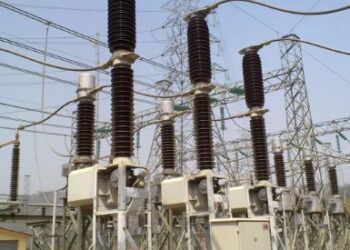
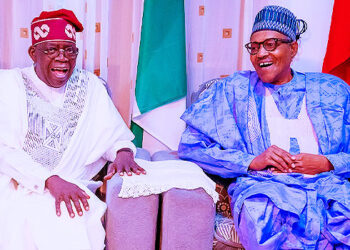

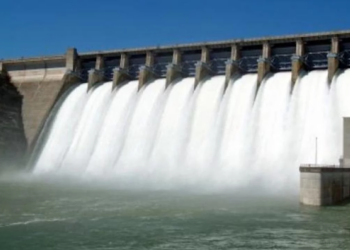
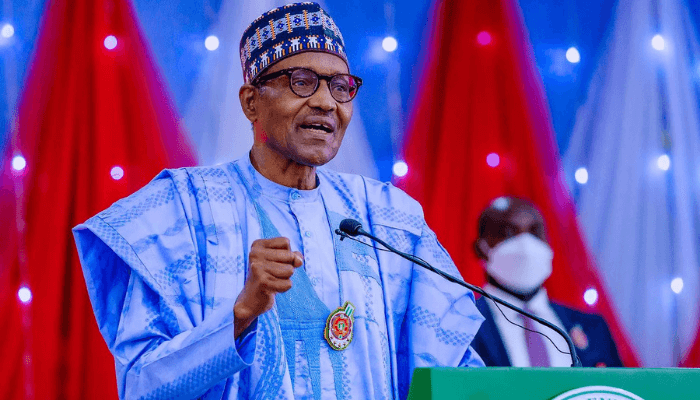

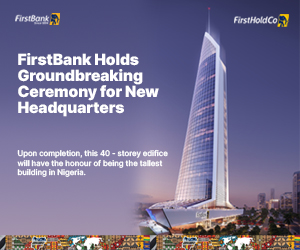









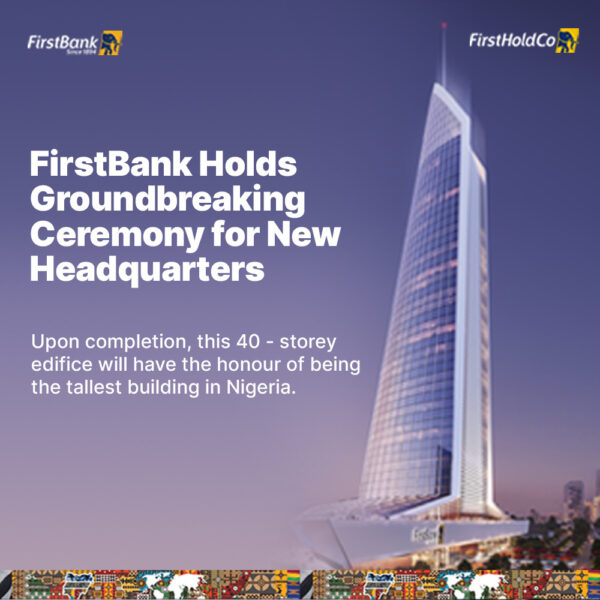
Thank you Mr. President for your service.
But with due respect Mr. President, we still don’t have enough electricity in Nigeria. It seems you’re reading this electricity from paper not real-time-overview of Nigerian insider.